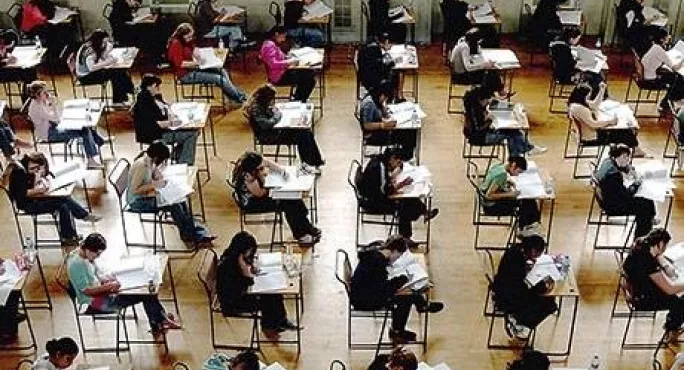A pilot initiative that allowed colleges access to information on their students’ previous exam performance seems to have led to a significant improvement in performance.
Trafford College was one of the colleges in the North West that took part in a pilot run by Pearson, which aimed to allow colleges to tailor teaching and improve students’ chances of passing their GCSE resit exams. Generally, much time is spent at the beginning of term on getting to know students and their weaknesses because colleges don’t have access to past papers.
Lesley Davies, principal of Trafford College, said that, for the pilot, the college chose a group of school leavers who had achieved a grade C at school to see what improvement could be achieved. The group of 25 students was split into three groups and taught by three different teachers. A control group of students, for whom previous results were not known but who had a similar profile, was also chosen.
Grade improvements
And although it won’t be possible to assess the impact of the pilot fully until GCSE results day, predicted grades indicate that 40 per cent of students involved in the pilot improved their grades.
“When we look at that against our control group, we could see anywhere between 10 and 14 per cent of an improvement on them,” said Davies. “So we believe it has been worthwhile. As the students come in, it helps them feel like we know them better and more quickly, because we were able to talk about their paper and were able to individualise much faster.
If this could be rolled out for all awarding bodies and for all students, it would be a real improvement.”
Identifying gaps in learning
Pearson explained that the pilot allowed colleges to identify gaps in learning that needed to be addressed by accessing a wide range of information through the ResultsPlus and Access to Scripts services.
“Before we roll out the programme nationally, we are continuing to research ways we can enhance the help we give colleges and post-16 providers to best support their students, and to inform our future post-16 provision. We recognise the value of understanding learners’ performance as they move from school to post-16 studies and are committed to providing insightful information, where it can be proven to benefit both the provider and learner,” a spokesperson said.




